Demoralized Teachers, Schools that Fail, and the Epidemic Influence of Ed Policy
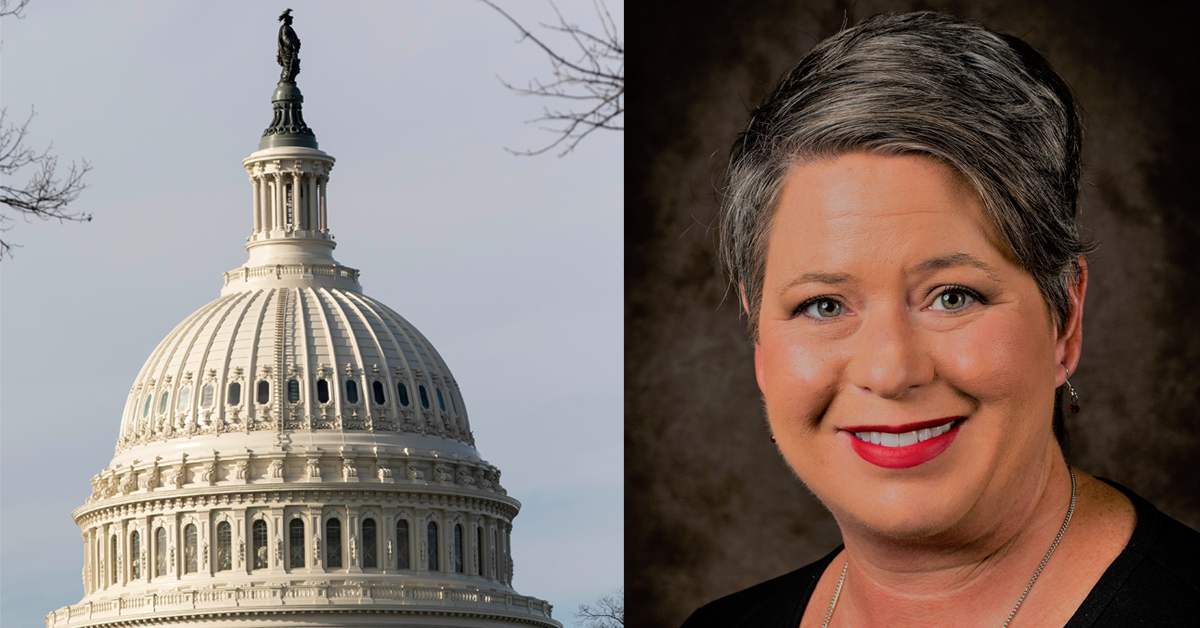
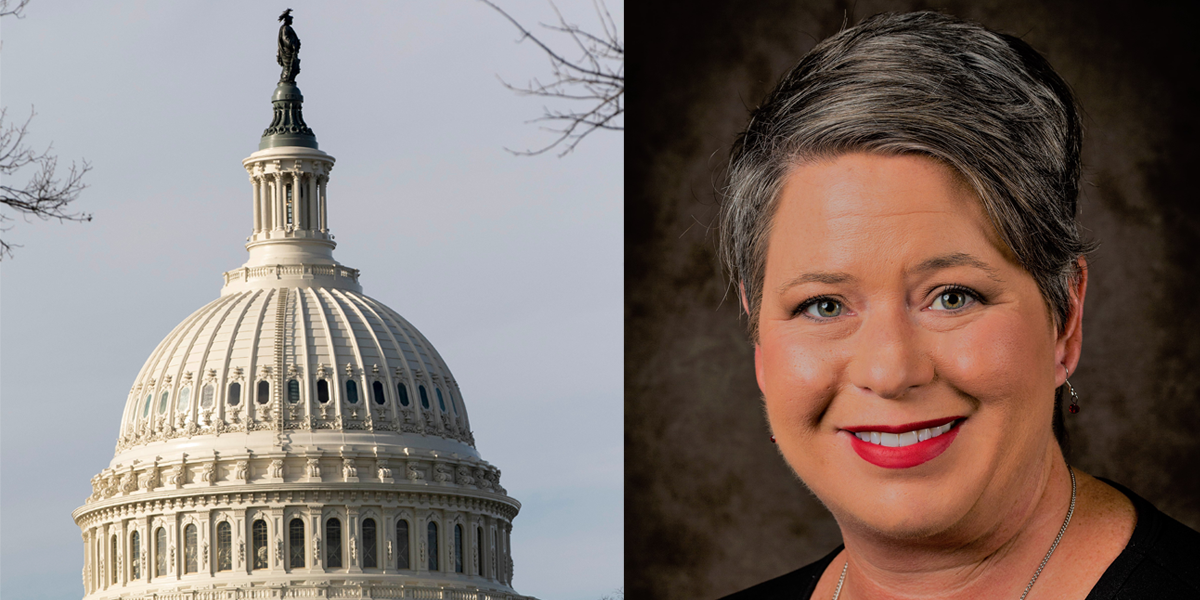
James M. Loy, Miami University
The work of Meredith Wronowski connects two very different worlds.
As a visiting assistant professor of educational leadership at Miami University, she studies the intersection of educational policy, school decline, and teacher turnover. And as a former school administrator, she is also concerned with the growing disconnect between policy and practice that continues to alienate educators.
But before she became a researcher at
“You always had a sense as an urban educator that you had to focus on your students as human beings before you could really reach them academically,” Wronowski says. “But we all felt that our hands were tied because the test became the all-encompassing driver of everything. And a lot of us felt increasingly disengaged.”
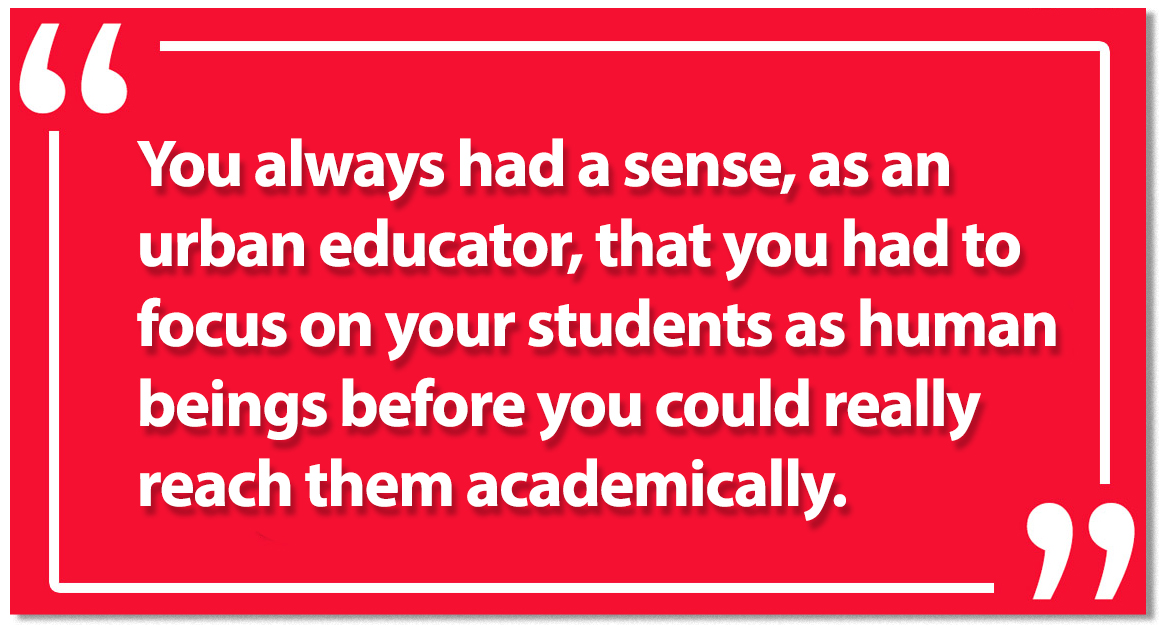 This has been a common frustration among educators for years. Especially in the contentious aftermath of No Child Left Behind (NCLB), which ushered in an unparalleled era of testing and accountability mandates that even today, nearly 18 years later, continue to dominate how teachers interact with students.
This has been a common frustration among educators for years. Especially in the contentious aftermath of No Child Left Behind (NCLB), which ushered in an unparalleled era of testing and accountability mandates that even today, nearly 18 years later, continue to dominate how teachers interact with students.
Many educators still feel intense pressure to follow scripted curricula that typically disregards the individual needs of their students, which is especially worrisome in high-needs schools where students often need a variety of additional economic or social support first. And for many, this has led to an oppressive climate that radiates throughout all levels of the school system. Because even after she rose to the rank of principal herself, Wronowski quickly realized how much even school leaders are limited by state and federal policy. “Your hands are tied in a different way,” she says.
“So I started my doctoral program to just become a better administrator, and perhaps pursue the superintendency. But then I was exposed to this entire world of research, and it felt that research was missing the voice of people who had
And according to Wronowski, this lack of voice, combined with an ongoing lack of agency, may be responsible for a disconnect between policy and practice that’s causing more than just frustration and resentment.
There’s a deeper problem.
Teacher turnover
During her dissertation research, Wronowski used a national
“I definitively connected the extent teachers felt de-professionalized and demoralized to teacher turnover,” she says. “If they perceive that they are de-professionalized -- so they lost control over what they teach and how they teach it -- or they're demoralized -- so they're disconnected from the moral work that they do with children, and they're emotionally exhausted because of accountability pressures -- those teachers are more likely to leave.”
Her dissertation work also showed that teacher turnover is increasing in both urban and rural schools that have been, or are likely to be, labeled as poor performing.
“Which is problematic because those have the highest turnover rates already,” she says. “I really want to uncover that for people who are policy readers and who are education leadership readers. This is what your teachers are really feeling. And guess what? It's become so bad that they're leaving because of it.”
School decline
More recently, her work has also begun to focus on school decline, and the reasons why certain schools fail or perform poorly.
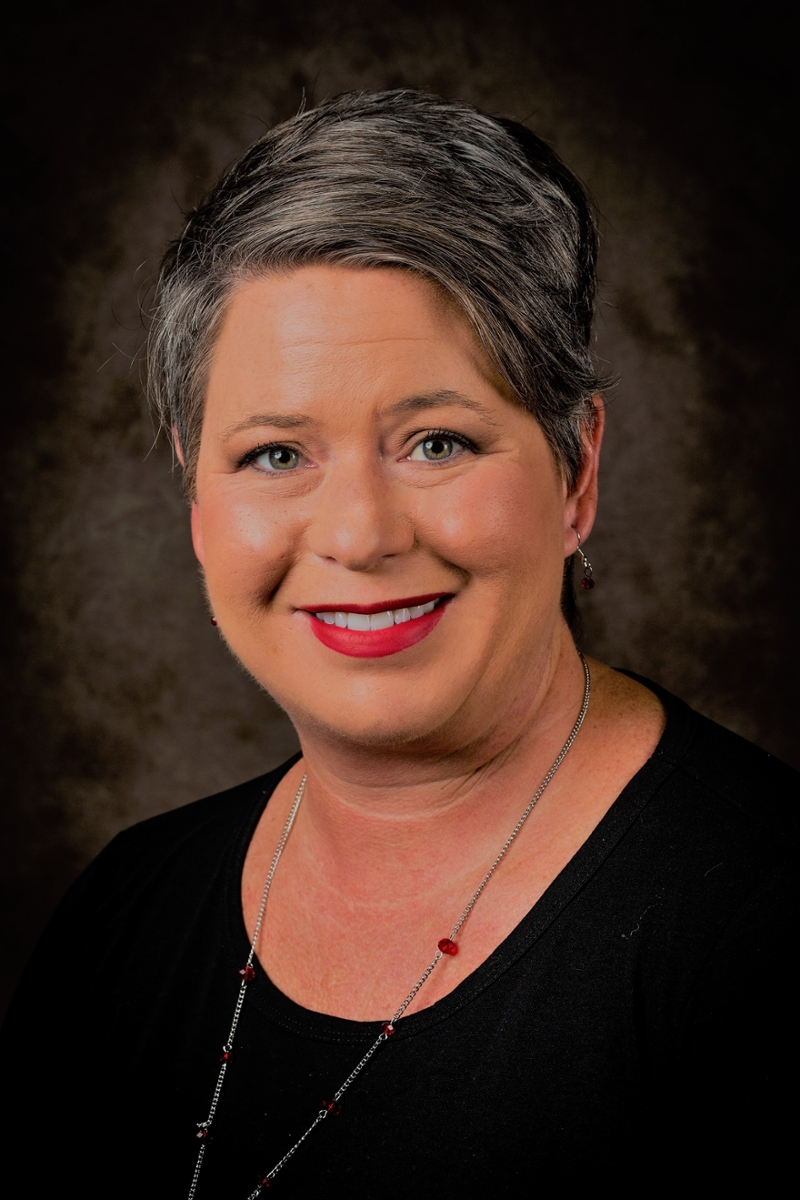 Meredith Wronowski In a recent study submitted to the
Meredith Wronowski In a recent study submitted to the
The results clearly show that if schools are economically disadvantaged, or if they are unable to overcome racial or cultural barriers, or if they simply exist in rural areas, then they are all significantly more likely to experience high rates of school decline.
Forthcoming research in this same area will soon incorporate additional leadership variables to determine how, or if, administrators themselves prevent or contribute to both school decline and low student performance.
Ultimately, the goal is to help identify early warning indicators and to develop interventions that can prevent certain issues from becoming even more devastating.
But she also hopes to show that schools in decline rarely benefit from the one-size-fits-all policy mandates that continue to dominate the educational landscape today.
“As we learn more about why school performance declines, there will be increasing
opportunities for researchers, policymakers, and practitioners to become more intentional in
response to school decline,” the study states.
Building a bridge between
The main problem with educational policy -- if it can be summarized quickly -- is that far too many people outside of education, who are themselves not educators, are making consequential decisions about education. So, then, most major policies are implemented on a massive scale, without considering the unique contexts of any individual school, and without the input of the educators who must deal with the repercussions.
However, Wronowski also wants to be clear.
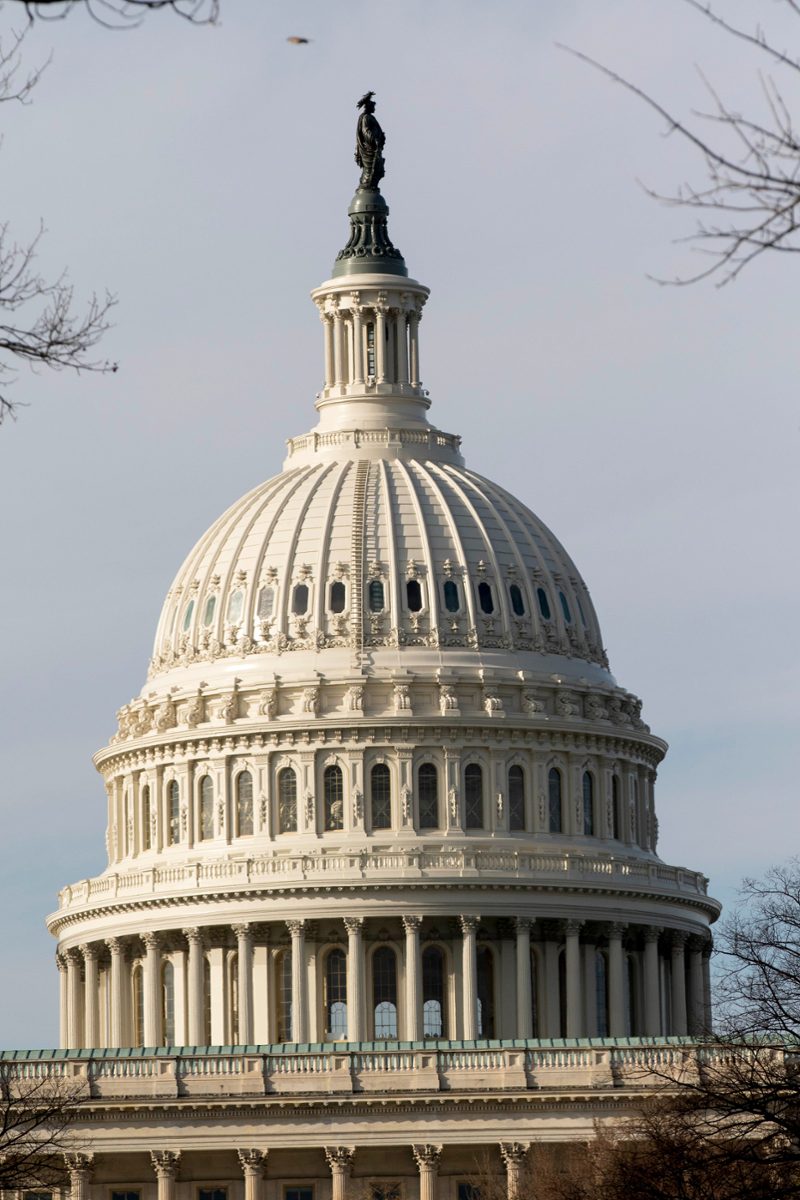 Policymakers are not wrong in wanting schools to improve. Just as practitioners should also want more students to succeed. The problem, she says, is the diverging perspectives of each group.
Policymakers are not wrong in wanting schools to improve. Just as practitioners should also want more students to succeed. The problem, she says, is the diverging perspectives of each group.
“I think all educators want their schools to get better, and I think policymakers still have that as a goal,” she says. “But policymakers are still very concerned with how we stack up to the rest of the world. And I think, for educators, that is not their endgame. Their endgame is to make sure they’re producing happy, well-adjusted kids who have opportunities to do what they want as adults. It's just a difference in goals.”
So her mission is to build better bridges between these very different worlds.
Ideally, the hope is to inspire policymakers and policy advocates to truly understand and consciously consider the goals of educators, while also helping aspiring educational leaders to recognize just how intimately interlaced with policy their roles will ultimately be.
“There's always been a tension about who should decide what teachers’ work looks like,” says Wronowski. “I always reminded teachers that we serve at the pleasure of the people. You will never be able to disregard what your community wants from you, what
In most cases, both sides are just doing what they think is best.
“I tell teachers they will do much better to engage in the policy process, rather than to just lament about how they’re acted on by policymakers,” she says. “Because we are in a weird space where we're

